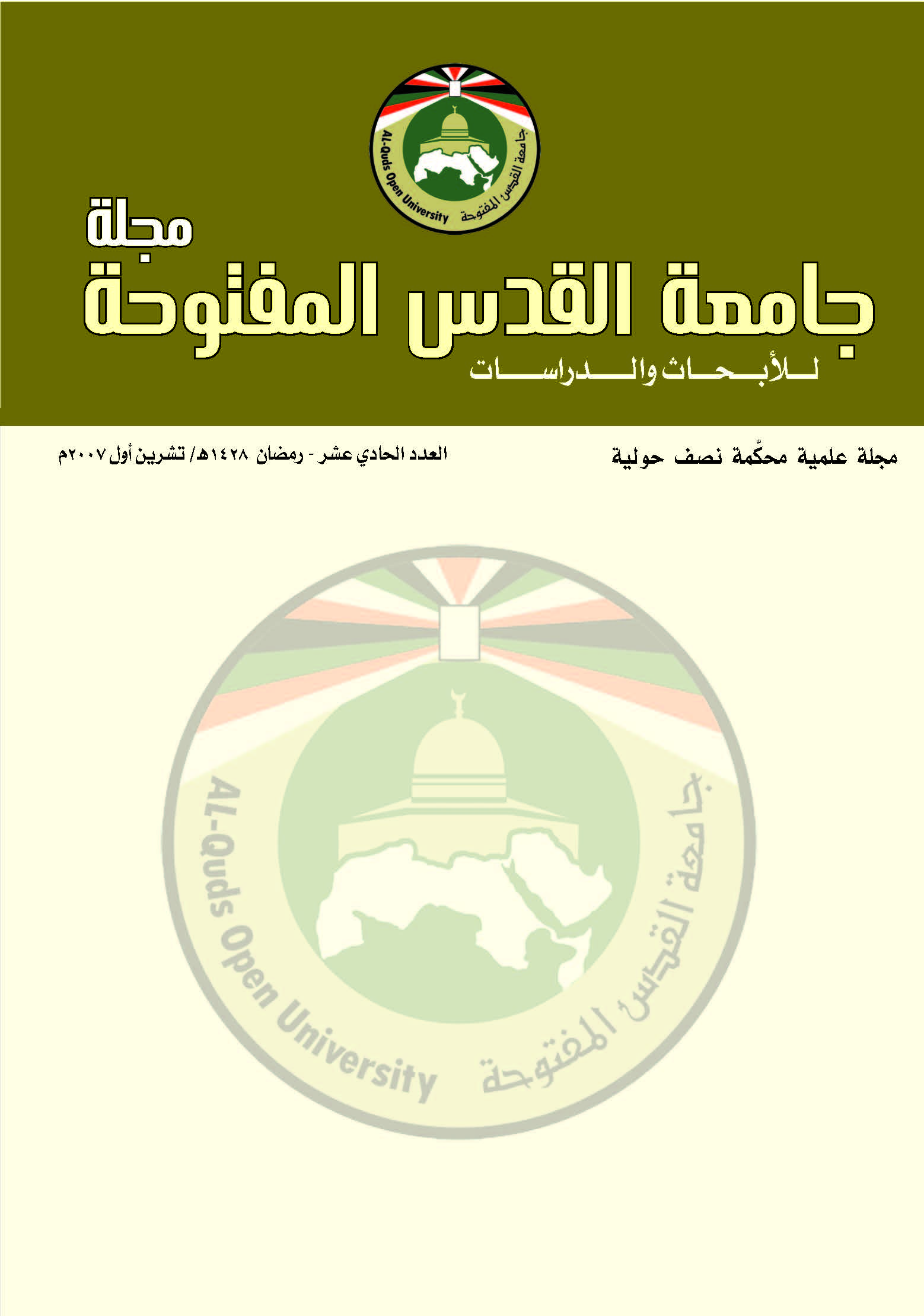Religious Pluralism in the Islamic Society
Keywords:
Religious Pluralism, Islamic Society, equality, freedom, tolerance, coexistence,Abstract
Citizenship in modern societies is based on two basic rules: pluralism
in all its forms and respect for human rights.These two rules constitute a
measure of distinction between one country and another in the degree of
the country’s proximity or remoteness from the achievement of the values
of citizenship and coexistence between the members of society regardless of
their ideological opinions or their ethnic backgrounds.
Thus, this research is trying to solve the contradiction that stem from
these facts. It tries to define its dimensions in order to find answers for the
questions that are raised about it. These questions are related to the fundamentals
and criteria that Islam has stated to achieve the idea of citizenship
and establish its values in the Islamic society.
To reach this end, the researcher is dealing with religious pluralism in
its religious and historical frames. He presented its best constituents and
components. The research has shown that Islam accepts the phenomenon
of differences between the members of society and cares to implement the
principle of pluralism and draws for it a comprehensive framework that
includes the values of freedom, tolerance, justice , and equality.
Downloads
Published
How to Cite
Issue
Section
License
- The editorial board confirms its commitment to the intellectual property rights
- Researchers also have to commit to the intellectual property rights.
- The research copyrights and publication are owned by the Journal once the researcher is notified about the approval of the paper. The scientific materials published or approved for publishing in the Journal should not be republished unless a written acknowledgment is obtained by the Deanship of Scientific Research.
- Research papers should not be published or republished unless a written acknowledgement is obtained from the Deanship of Scientific Research.
- The researcher has the right to accredit the research to himself, and to place his name on all the copies, editions and volumes published.
- The author has the right to request the accreditation of the published papers to himself.













_2.png)
_.png)
_2.png)
_1.png)
_.png)

